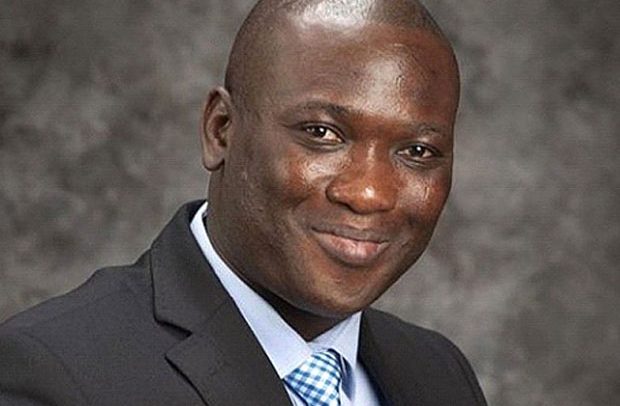Hassan Tampuli, CEO, NPA
The National Petroleum Authority (NPA) has noted that it intends to roll out the second phase of the LPG refilling plant safety risk assessment.
Hassan Tampuli, Chief Executive Officer (CEO) of NPA, who disclosed this at a day’s Petroleum Downstream Colloquium in Accra yesterday themed: “Ghana’s Petroleum Downstream, Then, Now and the Future,” said currently a total of 657 stations had been inspected using the criteria developed for the first phase of which 59 remain closed down due to non-compliance.
According to him, the next phase of the project would be the categorization of the stations into high and low risk.
“The exercise will take into consideration the location and human density around the stations, among others. This phase will lead to decommissioning of high risk stations and their subsequent conversion into cylinder distribution centers under the new LPG policy. Low risk stations will be considered autogas refilling only.”
Noting that NPA was working towards delivering Liquefied Petroleum Gas (LPG) to consumers in a safer and more efficient manner, he said the Cylinder Recirculation Model of LPG distribution will be implemented fully, adding that the relevant licences would be issued and safety protocols would be keenly observed to ensure the safety of the good people of Ghana, while increasing access to LPG for domestic, commercial and industrial use from the current 25 percent level to 50 percent.”
Unscrupulous providers
According to him, certain unscrupulous petroleum service providers tried to cheat the system with the dumping of export declared products and marine gas oil (MGO) foreign declared to be sold to foreign vessels for economic gain and tax avoidance.
“MGO leakages are estimated to have cost the nation GH¢18 million in lost tax revenue in 2017, while export dumping cost over GH¢850 million.”
However, he said the Ministries of Energy and Finance, in collaboration with the NPA, had put in place stringent measures which had drastically reduced such leakages.
Such measures included the application of domestic taxes on MGO Foreign sold to foreign vessels and collaboration with sub-regional neighbors to help account for products declared as exports to those countries.
“All these measures are aimed at removing the economic incentive to cheat the system and are seen to be yielding some results. MGO foreign, for instance, has reduced from 20 million litres a month to 290,000 litres a month based on the Authority’s preliminary estimates.”
Plugging leakages
NPA, he revealed, intend to intensify activities towards plugging the supply leakages, adding that its activities “will be geared towards assisting Ghana Revenue Authority (GRA) to achieve the Special Petroleum Tax (SPT) revenue target of GH¢1.8 billion and Ministry of Finance achieve the Energy Sector Levies Act (ESLA) revenue target of GH¢3.7 billion as provided for in the 2018 budget.”
The petroleum sector, he opined, had contributed over GH¢46 billion to Ghana’s GDP over the past four years, representing an average of about 10 percent per annum.
“Ghana is one of very few African countries such as Tanzania, Uganda, Kenya and Morocco to be consuming low sulphur fuels with typical imports at less than 10 parts per milliliter (ppm). No more toxic fuel. Technology based schemes and projects such as the Petroleum Products Marking Scheme and the Bulk Road Vehicle Tracking project, have helped us efficiently monitor and ensure the integrity of the quality and quantity of petroleum products delivered to consumers.”
By Samuel Boadi


